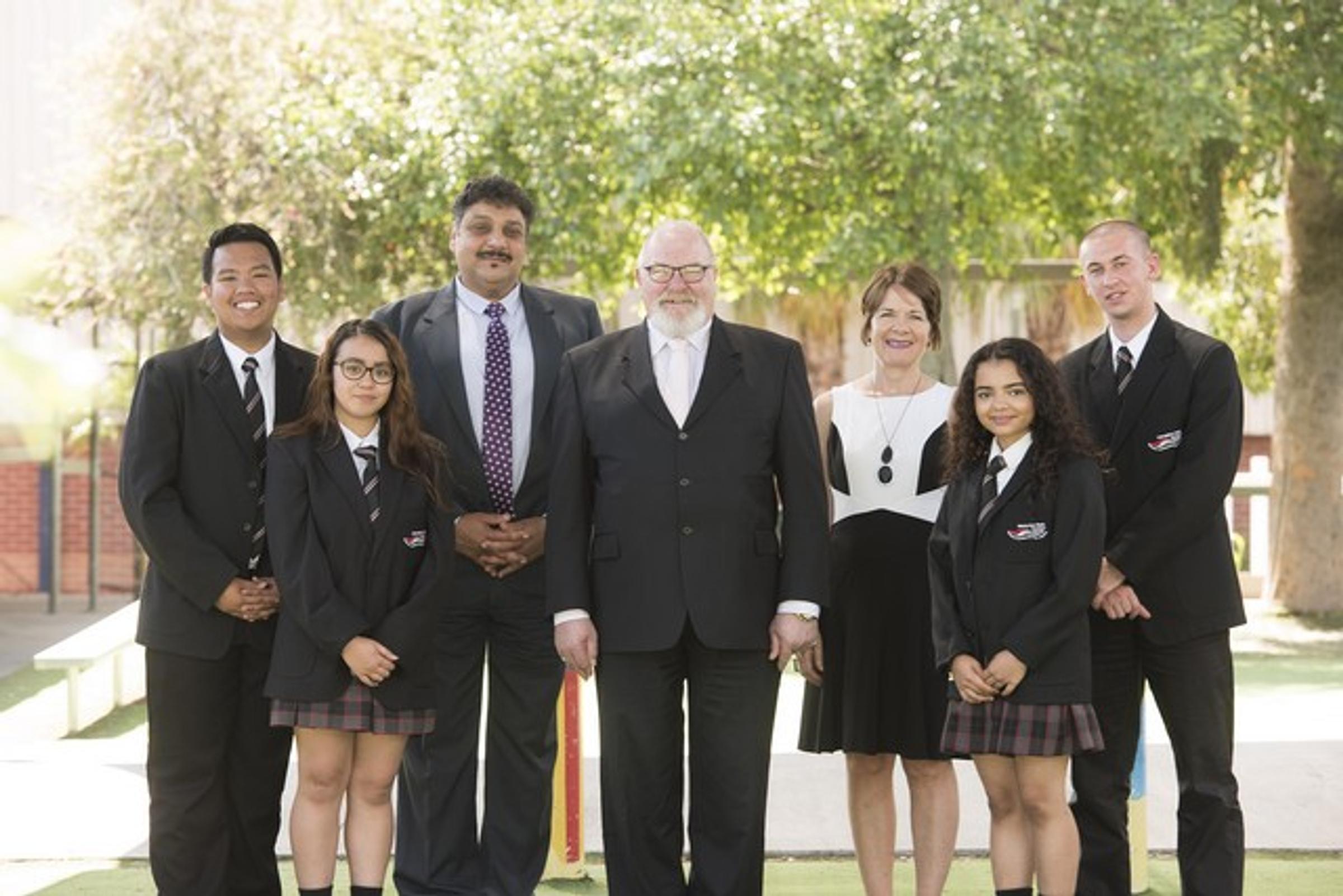Assistant Principals

Teaching and Learning Update
As Term 3 progresses, we are continuing to work with many of our students on their subjects and pathways for 2019. This involves many of our staff using their expertise to make recommendations, complete extensive research and support students to find the most suitable pathways to achieve their goals and aspirations, whether that be further study through university or TAFE, taking up apprenticeships or moving into the world of work. This process is not only for our current Year 12 students, but students across Years 9 to 12.
This week has also seen us welcome a group of new students into our Hampton Park Secondary College community from Noble Park Language School. As language school students, these young people are very new to the Australian educational environment, and can feel nervous starting at a school as large and diverse as HPSC. Our staff and students helped to reduce these nerves by hosting an enrolment day where we welcomed students and their families in for an information session, school tour, course counselling session and lastly, their first piece of writing as a Hampton Park student. We look forward to having these students join us full time from the start of Term 4 and know these students form an important part of our community that is rich in diversity.
For most students, the final two weeks of Term 3 will contain a number of assessments, whether that be Common Assessment Tasks (CATs) in Years 7 to 10 or SACs in Years 11 and 12. These assessments are important opportunities for students to demonstrate their learning from the term or topic and serve as an important piece of data for teachers to know how well they have delivered the curriculum. At this time of the term, we emphasise the critical importance of students attending each and every day on time and ready to learn. We encourage all students to focus on skills that will support them to show just how much they have grown over time. These skills include being resourceful, resilient, responsible and reflective. Examples of these learning dispositions could include:
- Accessing and using provided and available resources to build their own notes (e.g. using Edrolo to add value to existing notes, making summaries of key concepts)
- Attempting tasks from class designed to give students practise for assessments
- Seeking feedback on work from peers or teachers or completing self-reflection to look for ways to improve
- Taking responsibility for their own learning by planning how to best prepare for assessments (e.g. using their diary to organise time)
Ms Eloise Haynes
Assistant Principal
